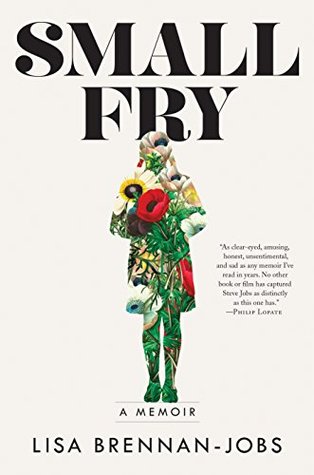More on this book
Community
Kindle Notes & Highlights
But she loved parties; we didn’t go to many, and when she would finally agree to leave, she had to say goodbye to everyone she’d spoken with, initiating a new round of conversations, so that the leaving was sometimes longer than the party that came before.
The clarity of the pronouncement stopped my tears. I looked to my father, who did not speak. He isn’t cold, I thought; he just withholds his affection in a pattern I can’t predict or control. In the end, maybe it added up to the same thing.
We all made allowances for his eccentricities, the ways he attacked other people, because he was also brilliant, and sometimes kind and insightful. Now I felt he’d crush me if I let him. He would tell me how little I meant over and over until I believed it. What use was his genius to me?
When people speak and write about my father’s meanness, they sometimes assume that meanness is linked to genius. That to have one is to get closer to the other. But the way I saw him create was the best part of him: sensitive, collaborative, fun. The friends he worked with got to see this more than I did. Maybe the meanness protected the part that created—so that acting mean to approximate genius is as foolish as trying to be successful by copying his lisp or his walk or the way he turned around and wagged his hands around his back and moaned to pretend he was making out.


